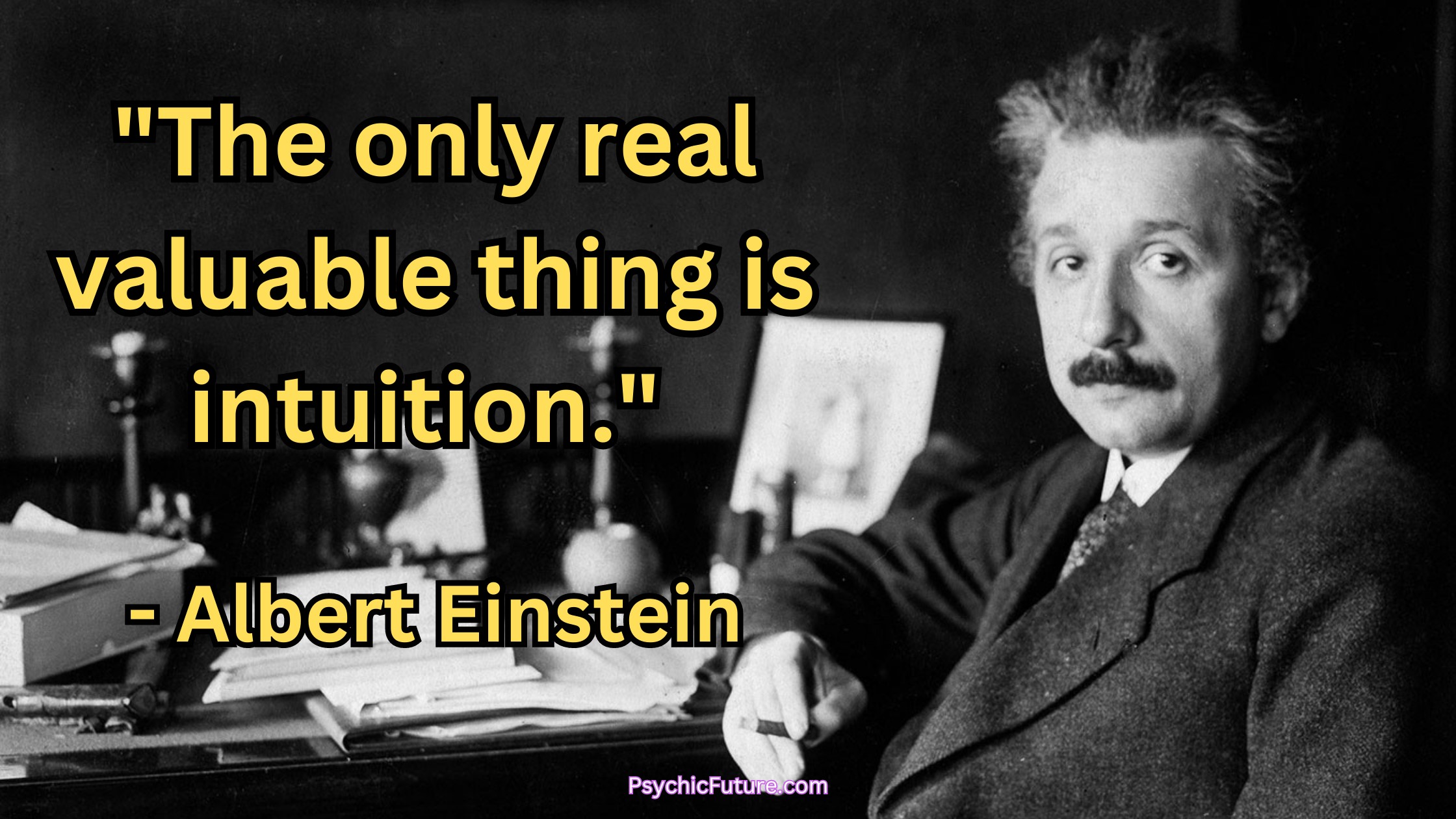 21 Apr 2023
21 Apr 2023
Albert Einstein, one of the most renowned physicists in history, once said, “The only real valuable thing is intuition.” At first glance, this statement may seem puzzling, especially coming from a man who devoted his life to understanding the complex world of science. But delving deeper, it becomes apparent that Einstein recognised the power and significance of intuition in the realm of discovery and innovation. In this blog article, we will explore the meaning behind Einstein’s words and how intuition continues to play a crucial role in shaping our world.
Contents
Unravelling Intuition
Intuition, at its core, is the ability to understand something instinctively, without the need for conscious reasoning. It is an innate form of knowledge that transcends conventional logic and analysis. Intuition allows us to quickly and accurately assess situations, make decisions, and form innovative ideas based on gut feelings and hunches. But how does this fit into the context of Einstein’s ground-breaking work?
Einstein and Intuition
Einstein’s remark on intuition highlights the importance of this intuitive process in scientific discoveries and innovations. His own ground-breaking work, including the theory of relativity, was born out of an ability to think outside the box and challenge conventional wisdom. By embracing intuition, Einstein opened the door for a new way of approaching problems and understanding the universe.
The Role of Intuition in Modern Science and Innovation
In today’s fast-paced world of science and technology, intuition remains a powerful driving force. Many ground-innovative discoveries and inventions are the result of intuitive leaps, where a researcher or inventor taps into their innate understanding to unlock new possibilities.
Examples of this can be seen in various fields, such as
- Medicine: Intuition often guides researchers to explore unconventional methods and develop innovative treatments.
- Technology: Intuitive thinking has led to advancements in artificial intelligence, allowing machines to learn and adapt without explicit programming.
- Environmental Science: Intuition has helped scientists develop sustainable solutions to tackle climate change and preserve ecosystems.
Balancing Intuition and Rationality
While intuition is a valuable tool in the world of innovation, it is important to recognize the balance between instinctive understanding and rational analysis. Intuition may provide the spark of inspiration, but rigorous testing, analysis, and collaboration are necessary to refine ideas and transform them into tangible solutions.
Conclusion
In the end, Albert Einstein’s quote serves as a reminder of the profound power of intuition in shaping our world. By harnessing this innate understanding and combining it with logical analysis, we can continue to push the boundaries of human knowledge and create a better future for generations to come.




